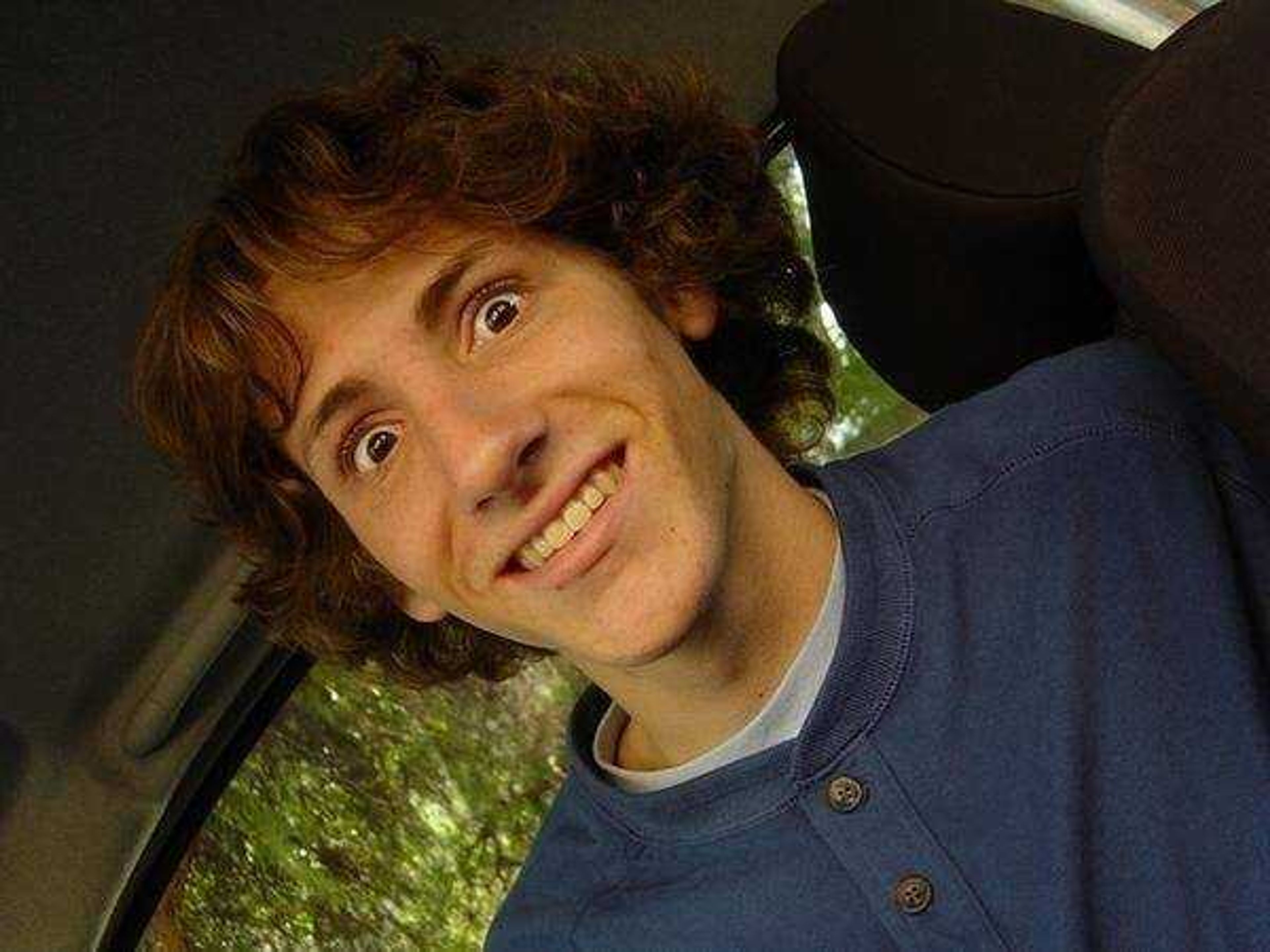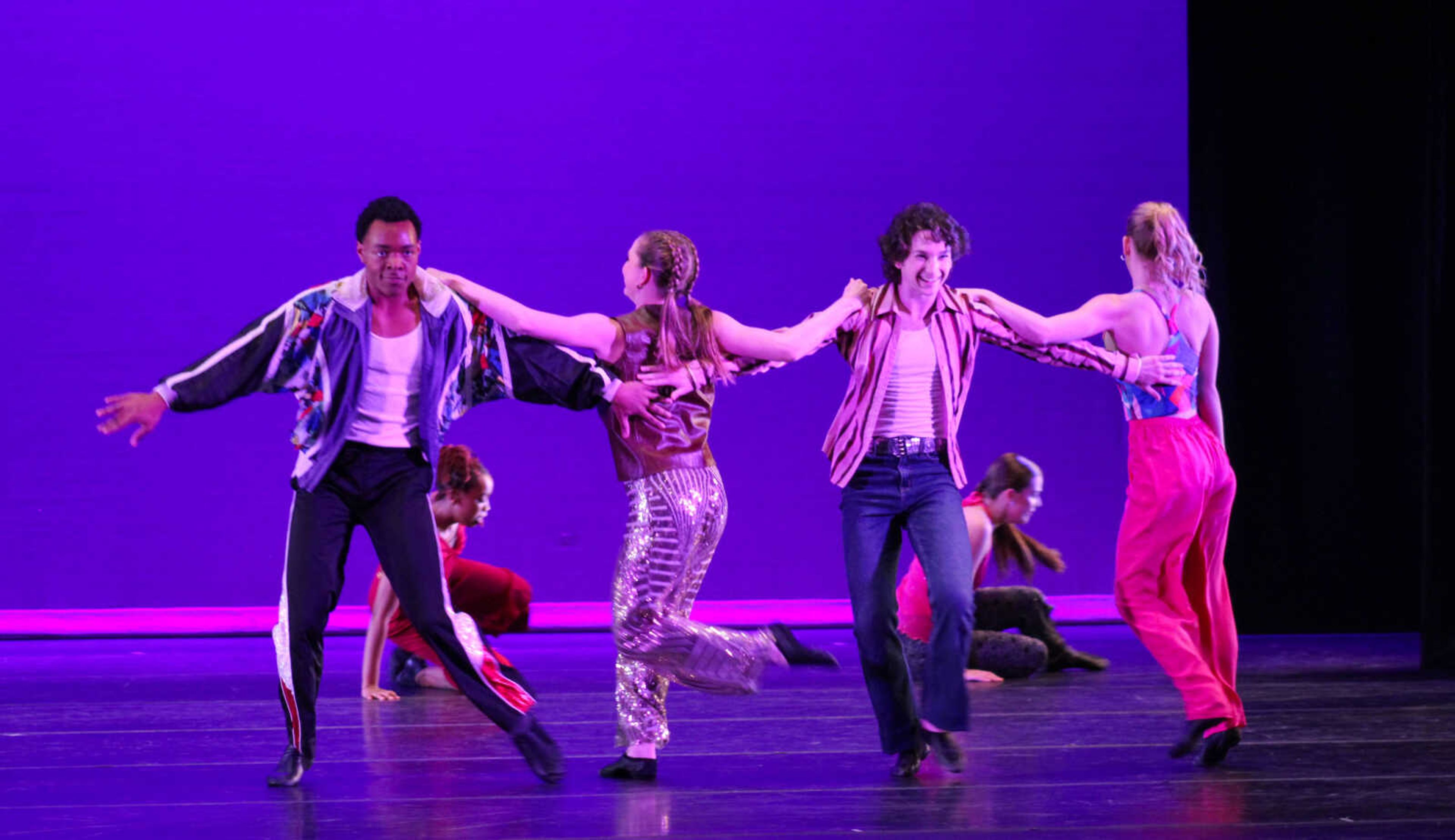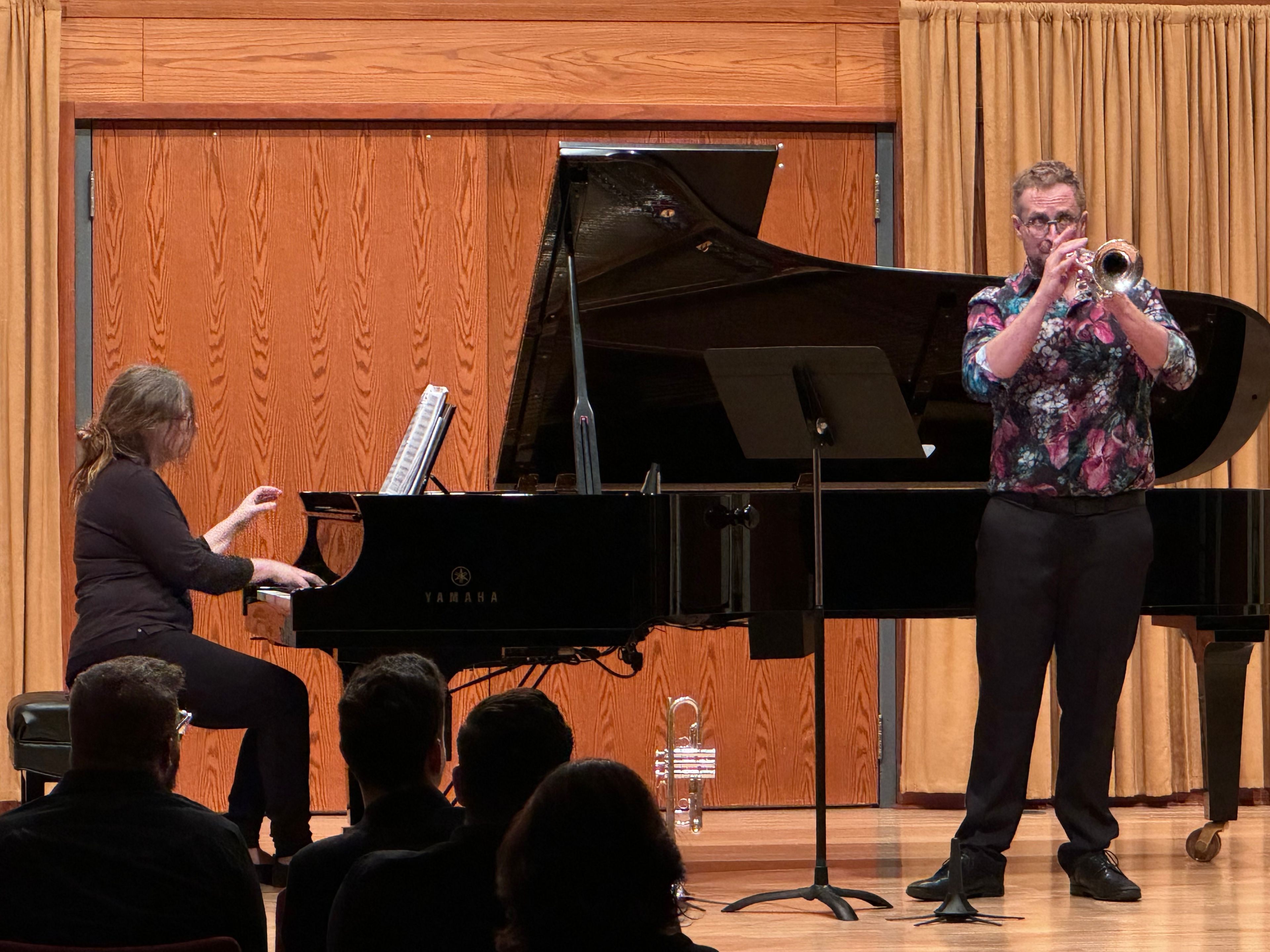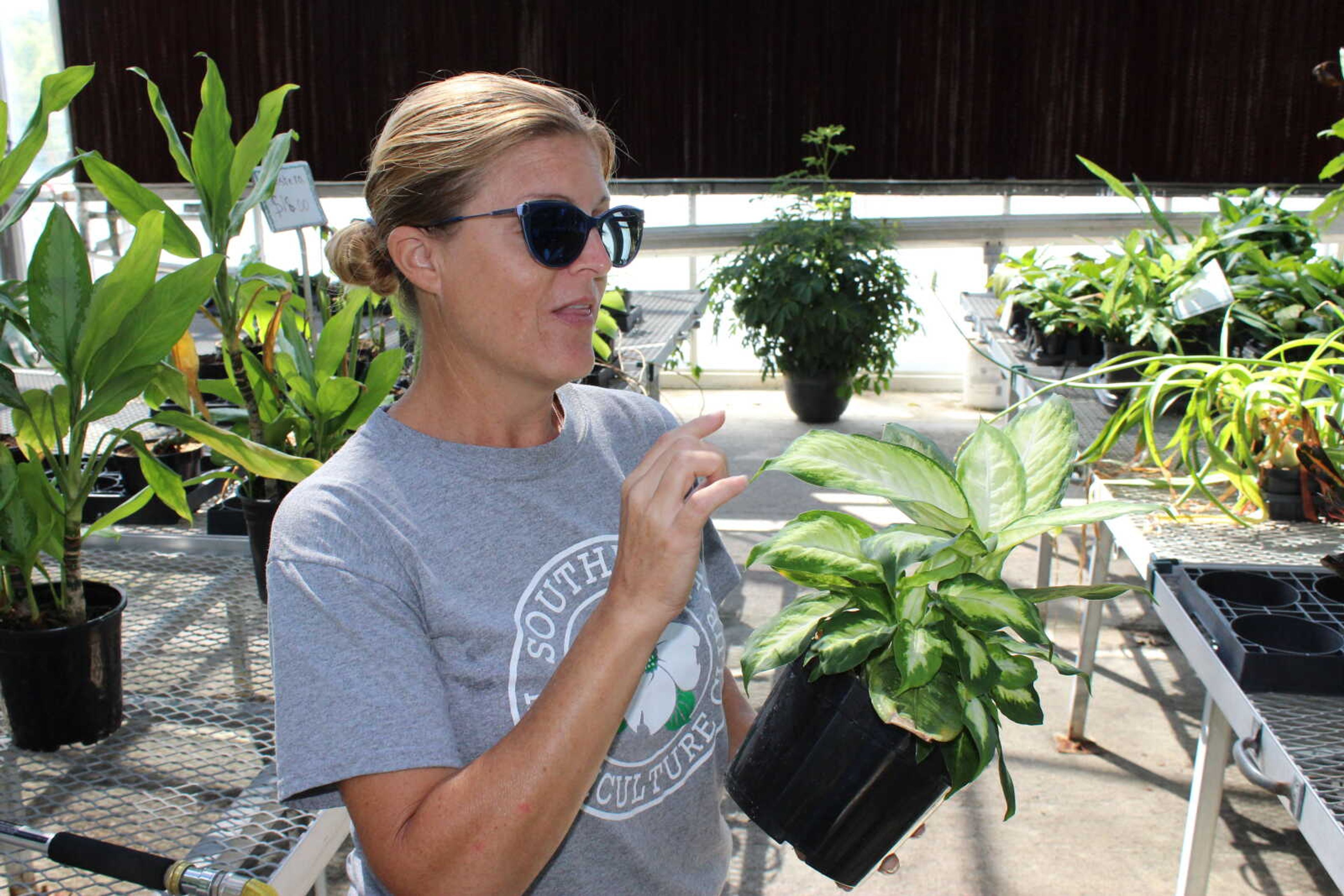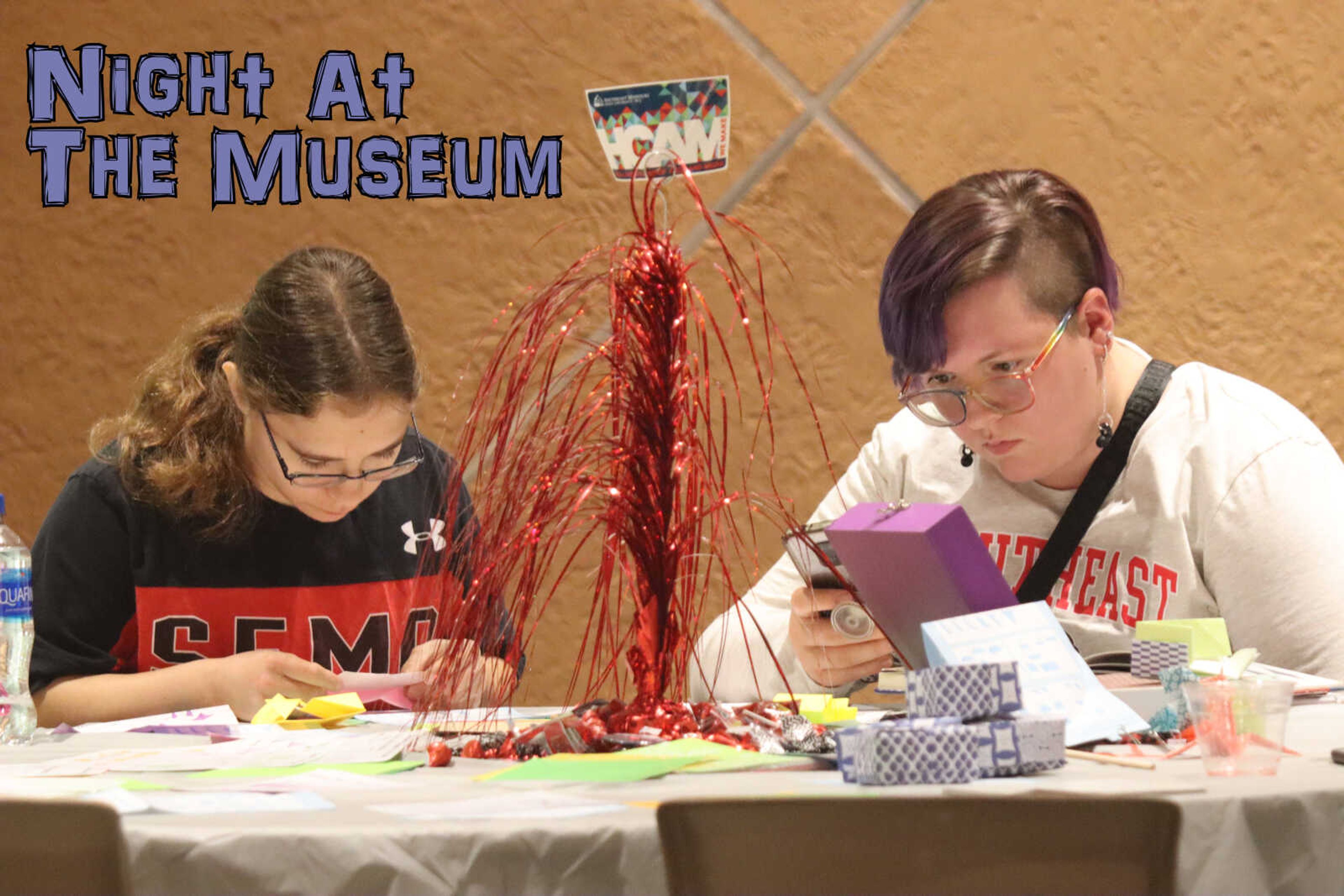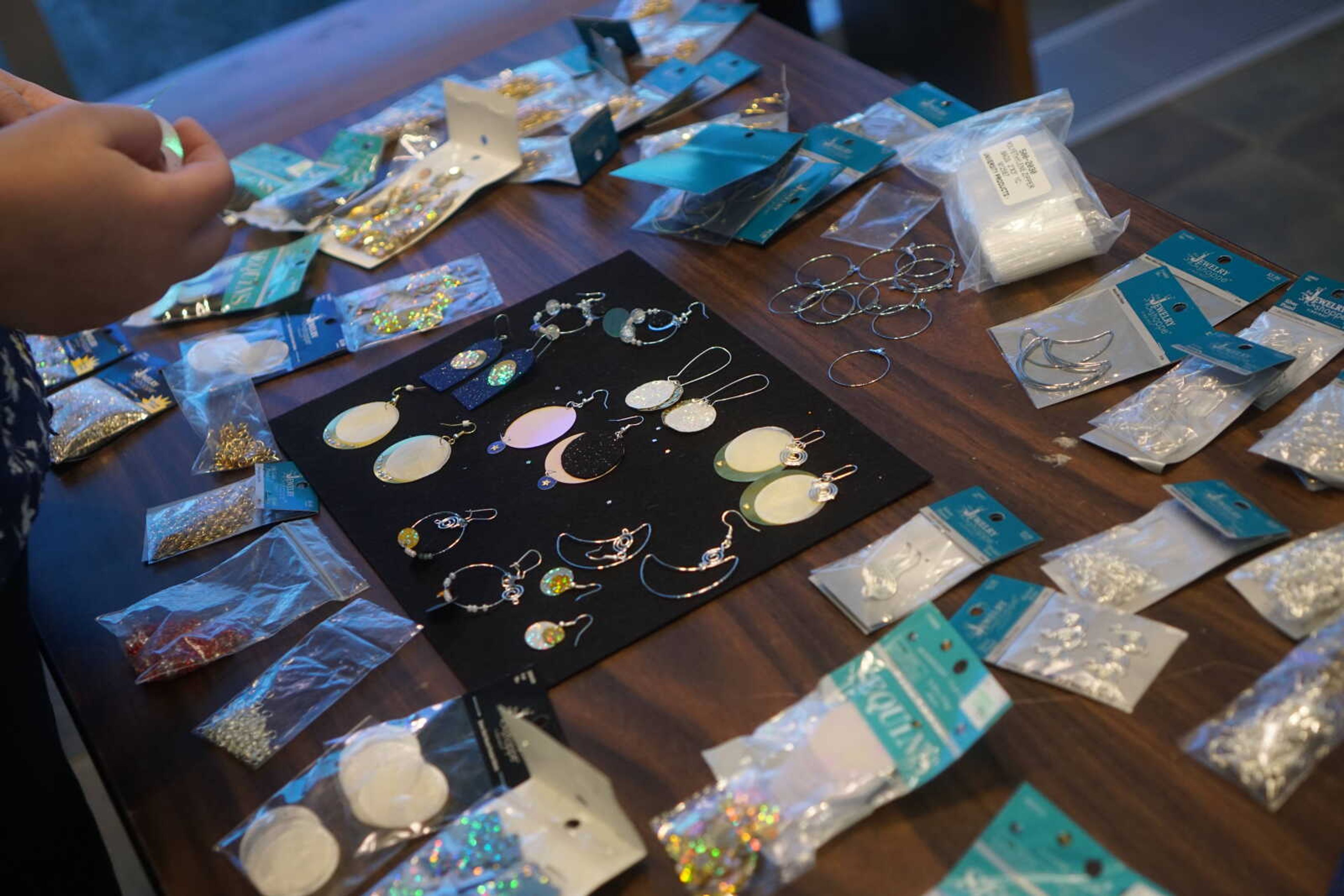Samuel Comroe is a stand-up comedian who was drawn to comedy at a young age and started performing for audiences in high school. Comroe draws humor from observation as well as his experiences living with Tourette's syndrome. He was a top eight finalist in the World Series of Comedy in Las Vegas last year and a finalist in the 12th Annual Boston Comedy Festival. Places he has performed are 3rd Street Comedy in Santa Monica and the Improv. Comroe is coming to Southeast Missouri State University for a comedy show at 8 p.m. on Jan. 30 in Rose Theater.
Q:How did you get your start in comedy?
A: It was pretty easy. I started in high school due to my friends encouraging me to do it, and I asked the principal if I could do a show once a month. I loved being on stage.
Q:How has having Tourette's syndrome affected you and your career?
A: Growing up I got picked on a lot and made fun of. It has made me stronger, and I developed a thicker skin. With comedy, when I first started I didn't talk about me having Tourette's in my shows. Then a couple of years ago my manager suggested that I start talking about it and making it a part of my shows.
Q: Why do you do stand-up comedy?
A: I have a lot of fun with it. Once I started doing this, I knew this was what I was passionate about. You should always go with what you're passionate about.
Q: What kind of struggles have you had to face throughout your career?
A: Rejection and trial and error. Molding your acts until you get it right.
Q: Do you plan your shows ahead of time?
A: Some of them are planned and some of them I improvise while on stage. I like to do a Q-and-A at the end of every show to give the audience a chance to ask me questions about anything.
Q: What are some of the things you have learned due to your syndrome?
A: I have learned to be more tolerant and understanding, to not judge people right away. It has made me humble and appreciative and made me become a better person. Comedy has helped by making me more outgoing and expressive.
Q: Have you run into any difficulties with this career path?
A: It is a very difficult job, and I guess traveling would have to be the hardest part. I love doing this so much, and I don't really see it as a job.
Q: Do you have any regrets?
A: After every show I always think of things that I didn't do well and that I can fix, but you learn from that and do better next time.
Q: What is something everyone should know about Tourette's?
A: There is more than just verbal Tourette's. You see that most often on television and in movies, but it is a rare form. My Tourette's consists of twitching and motor ticks.
Q: What material do you usually use in your acts?
A: I interact with the audience, I talk about family, which I came from a family of five sisters and one brother. Then I do observational material.
Q: At this point in your life, do you feel like you are where you want to be career-wise?
A: Yes. I make goals every year and I have met them all so far. One of my goals for this year was to make a television debut and that is already in the process of happening.
